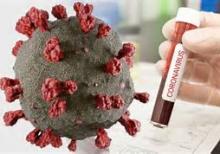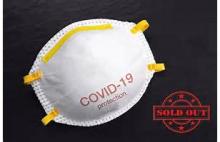Some coronavirus antibodies tests could put public at risk
Poor regulation of antibodies tests - that could indicate if someone has had coronavirus - could be putting the public at risk, doctors have warned.
The U.K. Royal College of Pathologists has written to the health secretary, calling for rules to be tightened on kits sold direct to consumers.
The letter warns they can "mislead the public and put individuals at risk".
No antibodies test has been officially approved for at-home use in the UK - but many different types are available.
It is still not known whether having antibodies will protect people from a second infection.
The doctors say the tests should not be used without "professional back-up", must "give the right result" and be "properly readable".
A Medicines and Healthcare products Regulatory Agency official said it had "worked collaboratively with cross-government agencies at pace to prevent non-compliant antibody test kits being placed into the UK market".
But Royal College of Pathologists president Prof Jo Martin said: "Currently, if you buy a test on the internet or you buy it in certain boutiques or shops, we can't guarantee that the quality of that is of an appropriate standard.
"We can't guarantee that the result will be easy to interpret or that it will be not misleading."
An analysis of 41 antibodies tests sold to the public in the UK, seen by the BBC's Newsnight programme before publication in the medical journal BMJ Open, found almost a third provided incomplete and inaccurate information.
A number claimed to offer "peace of mind".
But just 10% had made documents available to support their claims, academics from the Universities of Birmingham and Warwick found.
What information has been released about how kits were assessed shows most were tested on small numbers of patients only - just a few dozen, all of whom had been admitted to hospital.


